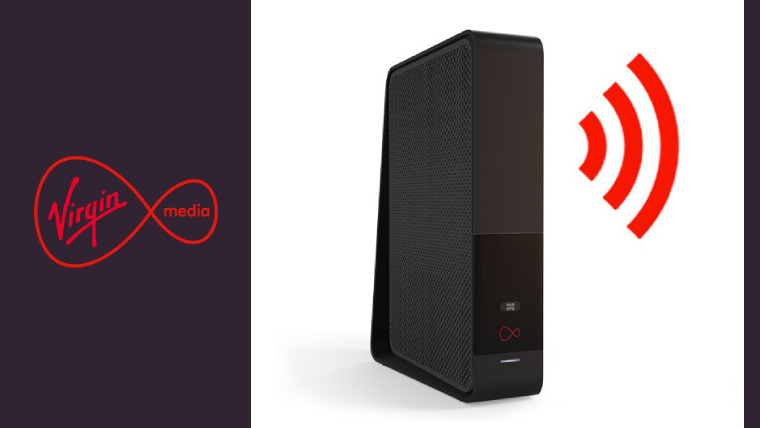
UK internet service provider Virgin Media has begun turning its customers' Super Hubs - its home cable broadband modem/routers - into public Wi-Fi hotspots. The company originally trialled a similar scheme in 2015, but a wider rollout never materialized until now.
In recent days, Virgin has been emailing customers to inform them "that we're expanding the network of hotspots that Virgin Broadband customers can automatically connect to through the Virgin Media WiFi app, by adding Virgin Media Hubs, including the one in your home."
The company has made it clear that the public connection is entirely separate from the service that its customers are paying for, with public access being provided through a separate IP address, and with no impact on the customer's bandwidth. If you're paying for up to 100Mbps, Virgin says, you'll continue to get the same speeds as before. An FAQ page on its site explains:
Virgin Media WiFi uses a separate connection on your Hub to access the internet than the one used by your home broadband network. The data from your home network is completely separate from Virgin Media WiFi traffic, meaning the broadband connection you pay for is exclusively yours, and just as secure.
A Virgin Media WiFi user can’t see anything on the home broadband network they’re connected to. Likewise, someone using the home broadband network will not be able to see if anyone is connected to the separate connection in their Hub, or what they’re doing.
We’re adding hundreds of thousands of Hubs 3.0s to our growing network, helping you connect to WiFi in even more places. There are more Hub 3.0s to come.
Customers are not being asked for their consent in order for their devices to used as Wi-Fi hotspots, but they can choose not to participate. A Virgin Media spokesperson told ISPreview.co.uk that customers "are given a clear and simple option to opt-out if they do not want the Hub they use to join our WiFi network. There will be more news on this very soon."
Only those customers who own a Virgin Media Super Hub v3 are affected for now, but the company is working on an update for some of its older models. It says that it expects to "complete the rollout of our services later this year."
Source: ISPreview.co.uk

















25 Comments - Add comment